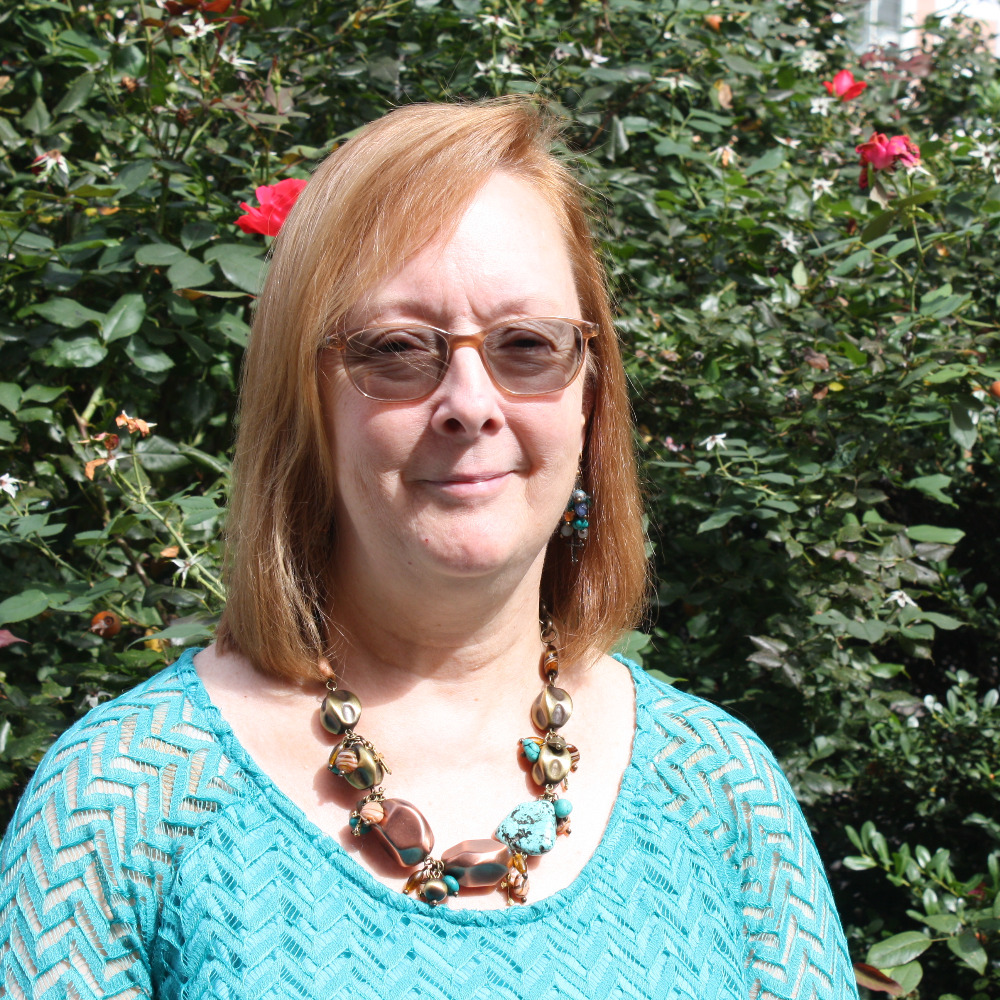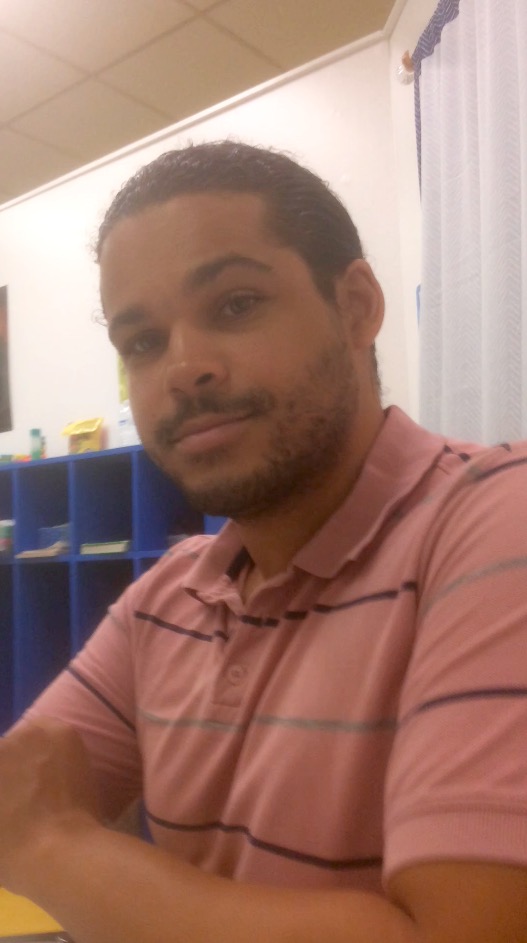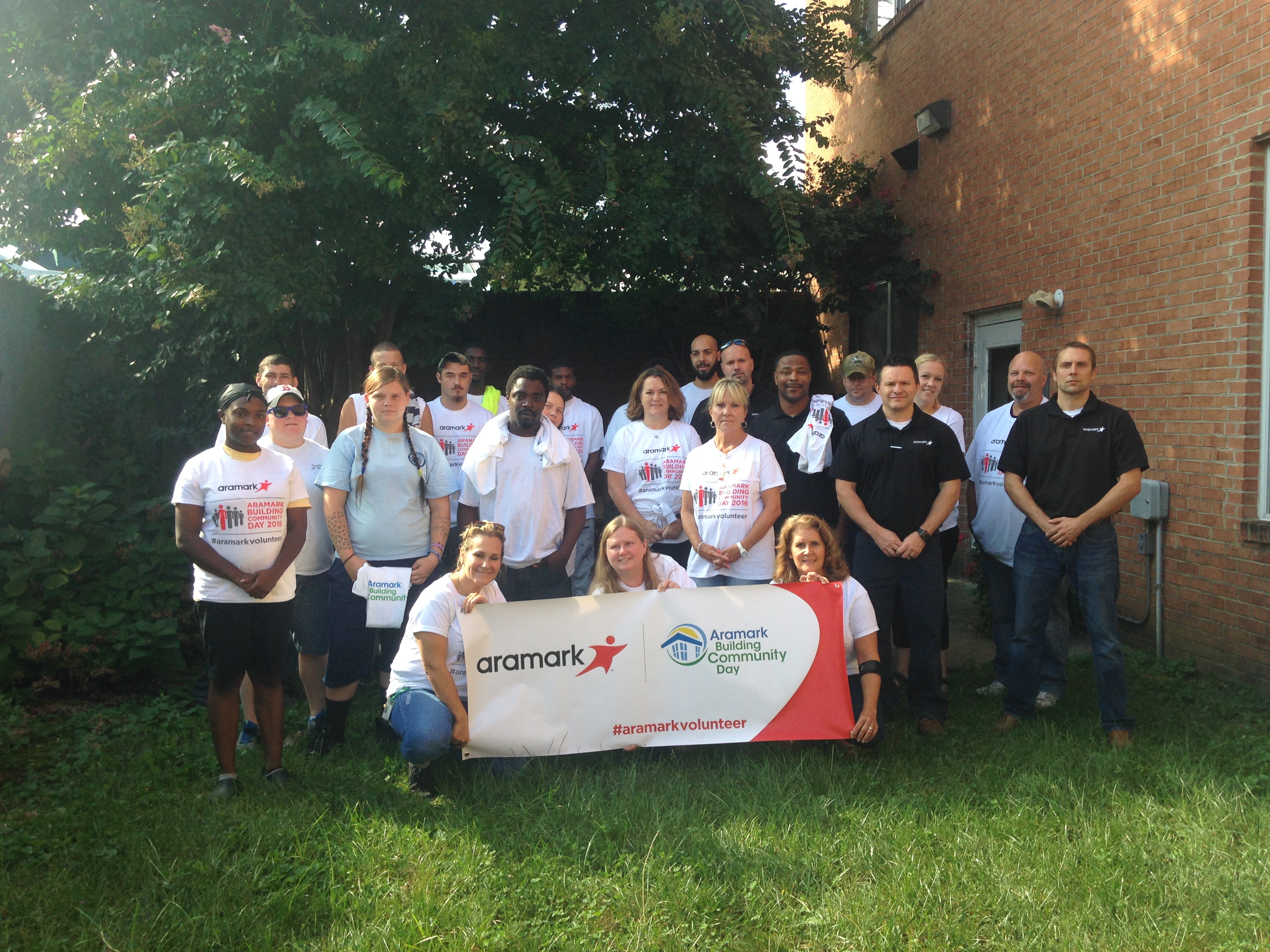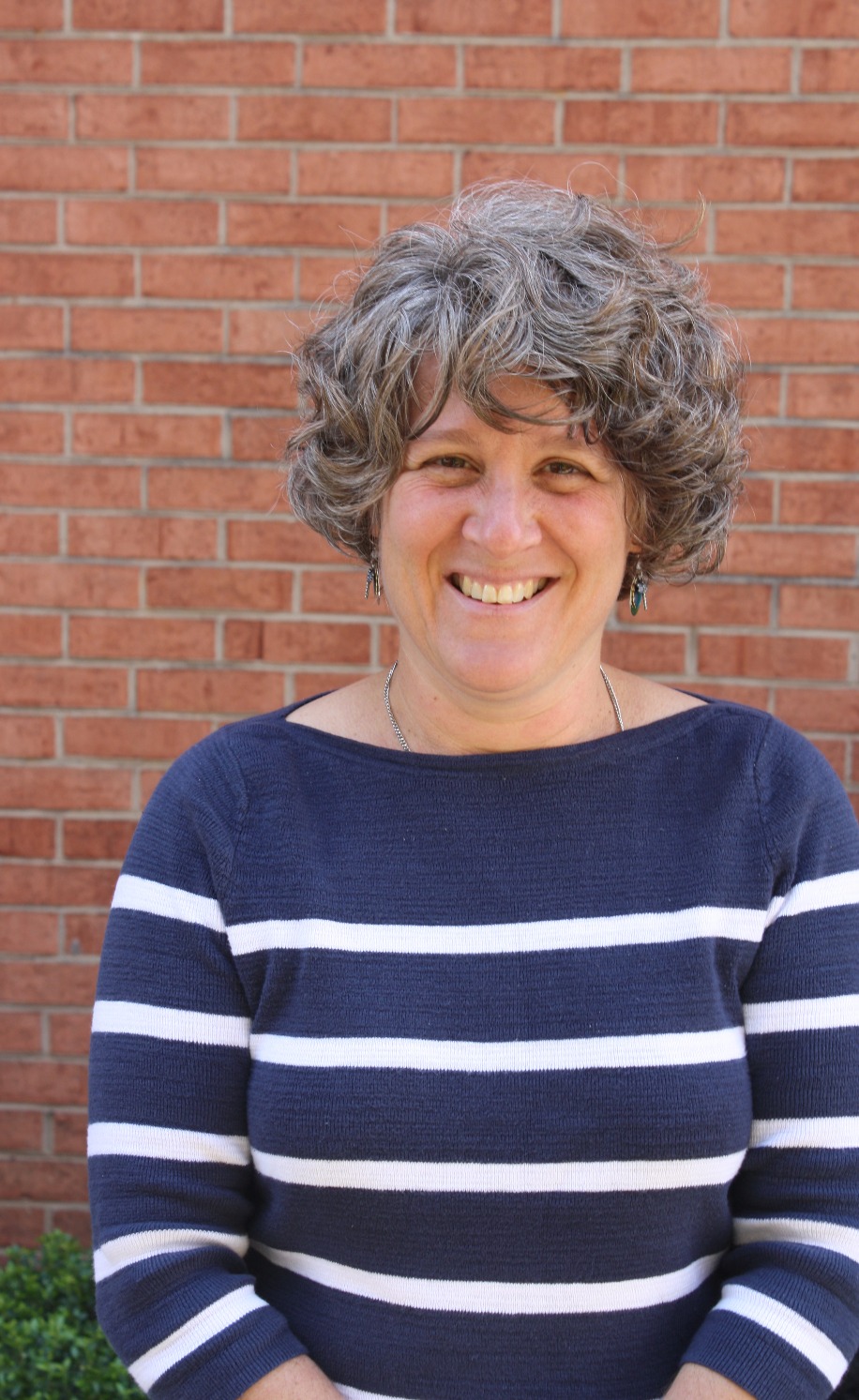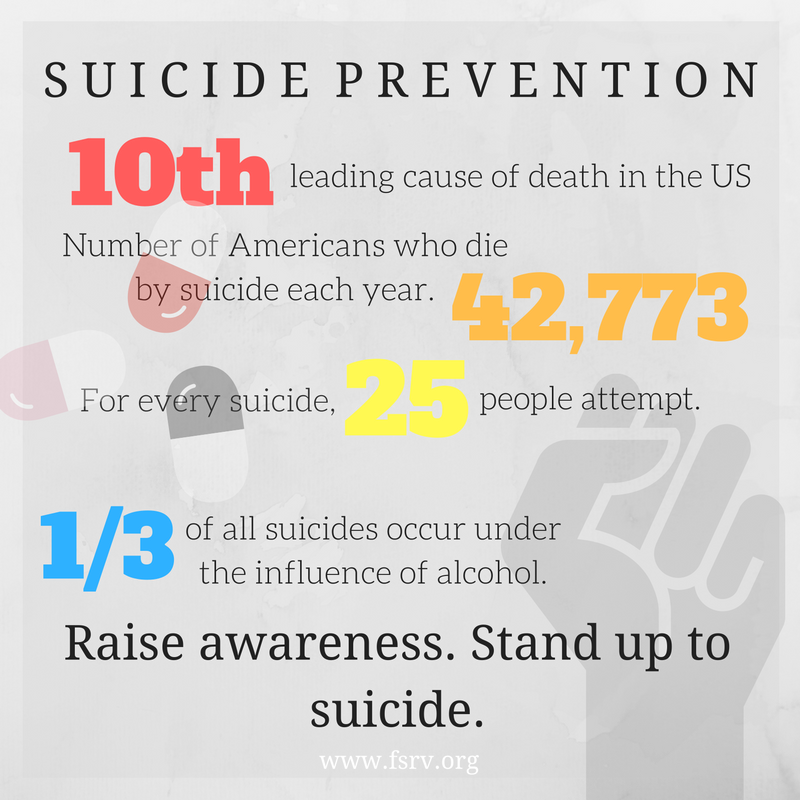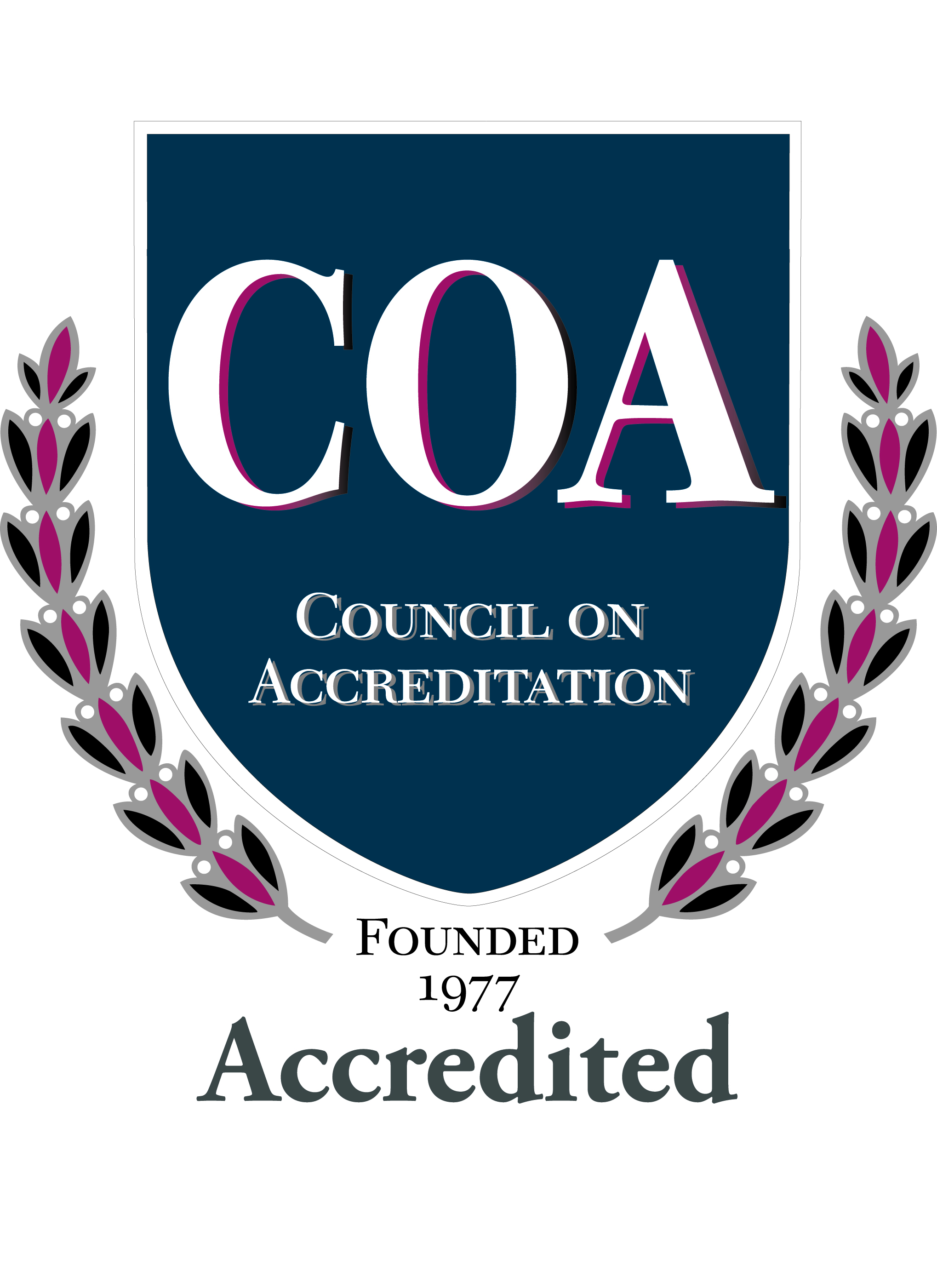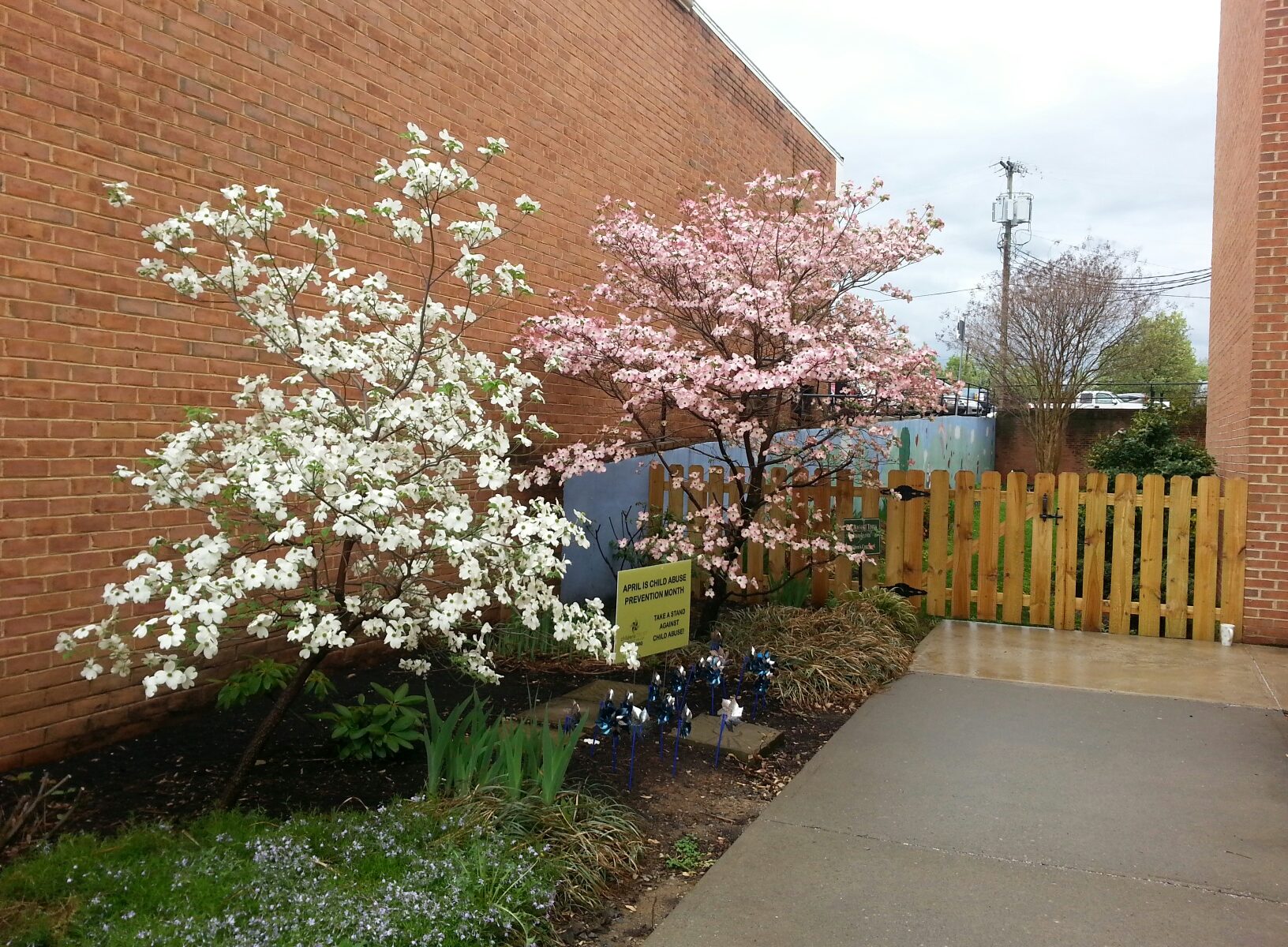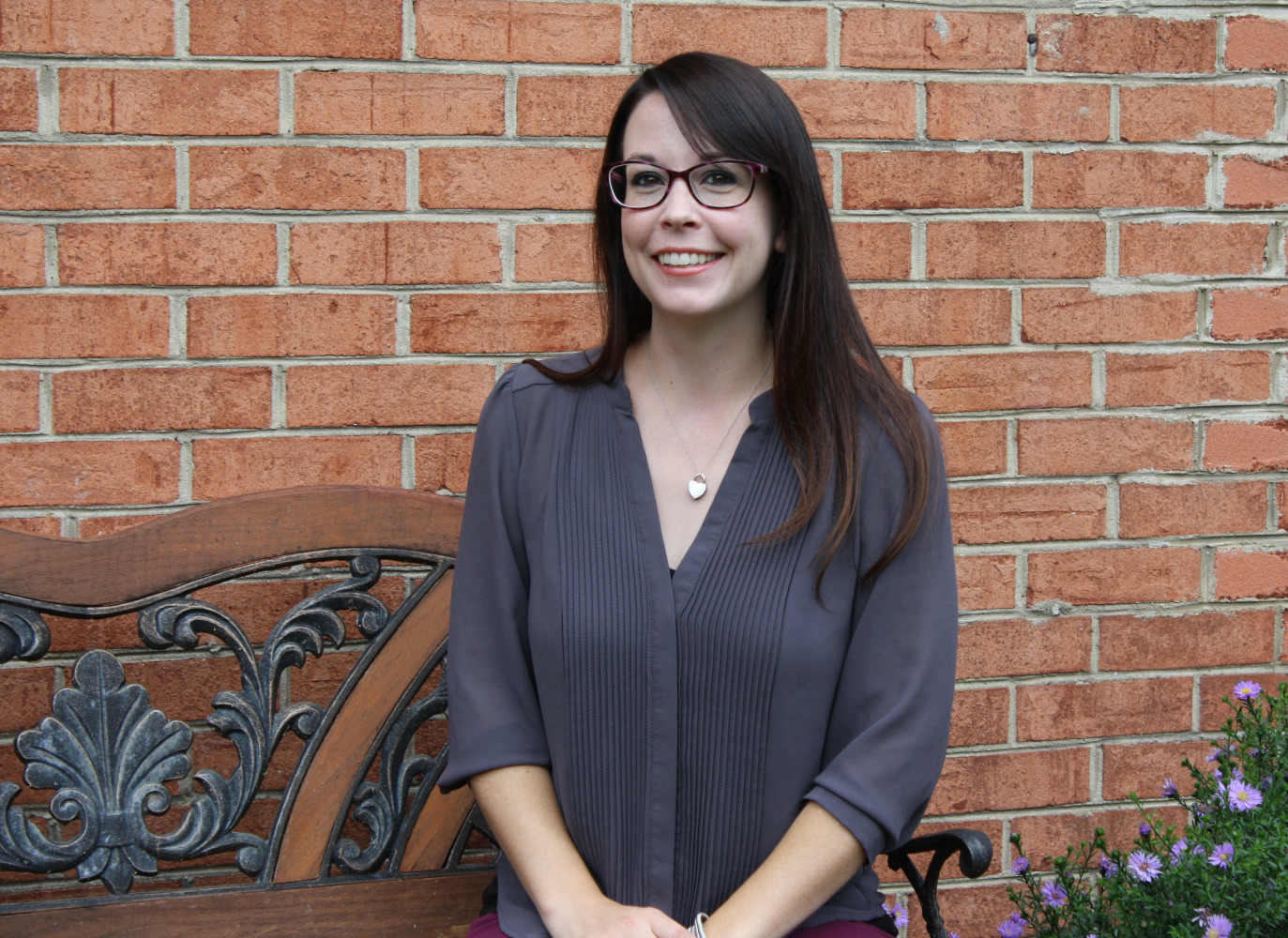
Getting to know Ashley Carr
Ashley Carr, a Play Therapy graduate intern at Family Service of Roanoke Valley, earned a Bachelor of Arts in Psychology from Hollins University. She is now participating in the Play Therapy Institute at Family Service to complete the Masters in Counseling program at Virginia Tech. She joined Family Service in August 2016, and her supervisor is Robin Wiley, LPC.
Carr has two children of her own–a 2-year-old and six-year-old–and has worked with children for several years. She didn’t know much about Play Therapy before beginning her internship at Family Service, but she said her passion is for working with at-risk kids.
The Counseling intern originally thought she wanted to be an elementary school teacher, but after starting a Masters in Education program she realized it wasn’t a good fit. While working in a local elementary school as an English Language Learner Instructional Aide, she developed the desire to work with children with the most dire situations.
“Right before I went back to school the second time,
I was working in an elementary school
and there were a lot of kids falling through the cracks.
The school just didn’t have the resources they needed.
The school counselor was awesome. It was watching him and his work with the kids that made me want to go into Counseling.”
The children who seek Play Therapy services at Family Service have often suffered the most extreme life circumstances–poverty, abuse, neglect, and violence in their home. Seeing how her supervisor Wiley and other therapists at Family Service work with the kids makes Carr feel like she’s found the right line of work.
A Closer Look at Play Therapy Institute
Play Therapy
Counseling at Family Service is a robust program. Seven full-time and part-time counselors focus specifically on treating the youngest children in our community. With three rooms dedicated to Play Therapy, and a reputation for excellence, Family Service wanted to establish the Play Therapy Institute. The institute allows the agency to increase the counseling services available for traumatized children in our community, and address the waiting list for Play Therapy–which is consistently over 20 for children ages 2-12.
With the support of the Virginia Department of Social Services through the Victims of Crime Act funding, Family Service was able to see this dream come true. Carr joins Family Service along with two other Masters level interns–Alex Matthews and Malvona Ross-Sohl–to enhance the services available and reduce the number of children on the waiting list for Play Therapy,
Specifically for children who have suffered abuse or neglect,
Family Service is able to offer counseling free of charge.
for more information.

